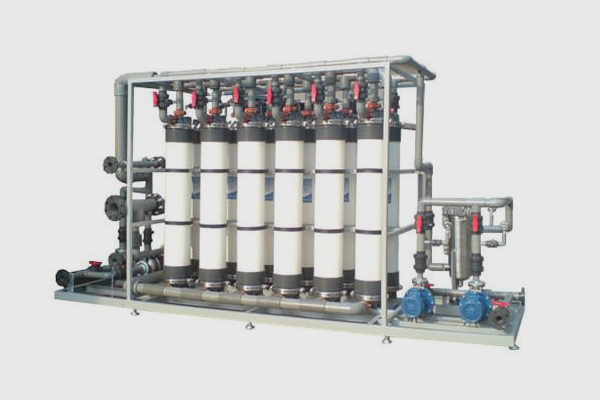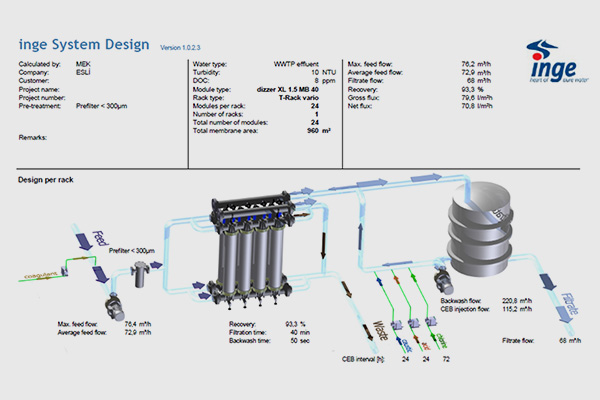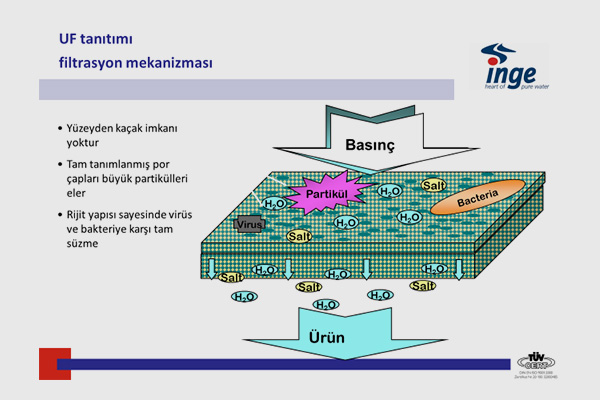Ultra Filtration Systems
ALL SERVICES
- Water Treatment Consultancy and Engineering Services
- AC4400 Electro Chemical Reactor
- Waste Water Recovery
- Clean Water Filtration
- Reverse Osmosis Systems
- Ultra Filtration Systems
- Sand Filters
- Softening Systems
- Process Water Analysis
- Cetamine
- Boiler Water
- Mechanical Filtration Consultancy Project and Engineering Services
- Iron and Steel Industry
- Wastewater Recycling Consultancy Engineering and Project Services
- Wastewater Analysis
- Cooling Treatment
- Power Plants
- Deposit Analysis
- Closed Circuit Water Treatment Chemicals
- Food and Beverage Industry
- Paper and Wood Industry
- Reverse Osmosis Chemicals
- Corrsave® 100
- Legionella Analysis
- Geothermal Industry
- Ultrasonic Thickness Measurement Analysis
- Dilurit® BC S
- Wastewater Treatment Chemicals
- Automotive Industry
- Drinking Water Treatment
- Membrane Autopsy Analysis
- Pool Water Treatment
- Chemical and Pharmaceutical Industry
- DReeM Polymer™
- Dust Collectors
- Refinery and Petrochemical
- Tunnel and Mining
- HydroBio Advance
- Geothermal
- KuriLoc Kit
- Manufacturing Industry
- Kuriverter™ IK-110
- S.sensing CS
- S.Sensing Matrix System
- RC Box Applications (RC Membrane Repair)
- Online Automation
- Electro Chemical Reactor

UF ultrafiltration modules, with a membrane structure of 0.01 micron pore diameter, act as a complete barrier for bacterias, viruses and other microorganisms without the need for chemicals. Therefore, it rejects all particles larger than the pore diameter, exhibiting a turbidity of less than 0.1 NTU and excellent filtration ability in organic matter removal.
In ultrafiltration (UF) method, the filtration process is based on the principle of passing the liquid through a semi-permeable membrane under the effect of hydrostatic pressure. High molecular weight solids and undissolved substances are retained, while water and low molecular weight dissolved substances pass through the membrane. UF integrated with other technologies in water treatment system; is an ideal method for separating colloids, proteins, bacteria and macromolecules from water.
Reverse Osmosis reduces the frequency of washing because it reduces colloidal occlusion. Because UF technology operates at low pressure, it is more advantageous compared to conventional treatment and disinfection:
- - Since the basic principle of perforated fibers is filtration, it does not generate any waste during operation, except for unwanted components in the feed water.
- -It provides operational cost reduction regarding the management of these wastes
- - Provides low energy consumption
- - Good quality of water treated in terms of particle and microbial separation and stability of this quality
- - Small footprint of the facility
- - Advantages such as simple automation make the system usable.



